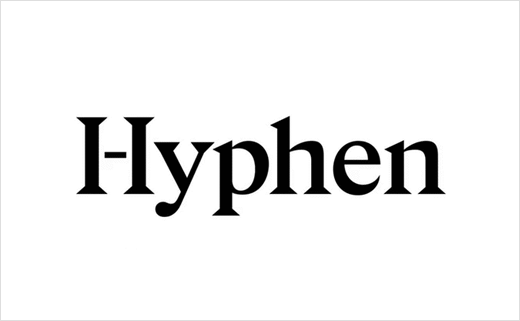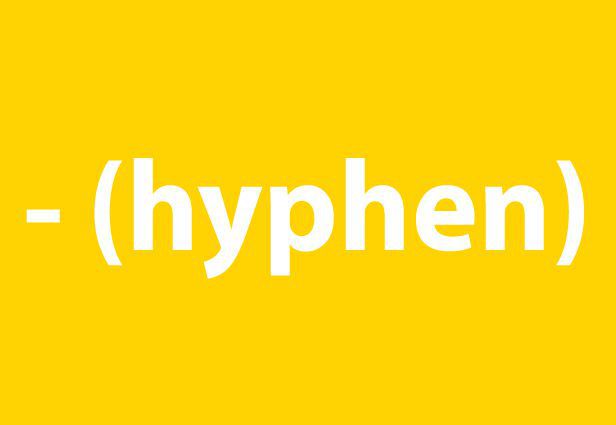In English texts and translating arabic to english, the hyphen is much more common than in Russian. There are cases where the use of a hyphen is mandatory, and there are cases where it is desirable to write a hyphen, but there are no rules requiring it. In addition, some cases are unambiguous and understandable, while others will make you think.
Let’s consider ten situations when a hyphen is necessary or highly desirable.
When numbers from 22 to 99 are written in words, a hyphen must be placed between tens and ones. Compare: thirty-five, fifty-seven, eighty-four, etc.
The hyphen is also needed when numerals are used attributively, i.e. act as adjectives. Compare: a five-year-old child, a ten-minute walk, a ninety-foot yacht, etc. This case deserves a more detailed analysis.
First, let’s pay attention to the fact that the noun following the numeral has the singular form. It is incorrect to say (and write): a five-years-old child, a ten-minutes walk, a ninety-feet yacht.
Second, the hyphen is needed only when the numeral plus the noun makes an adjective in translating japanese to english: a five-year-old child, a ten-minute walk, and so on. If such a combination of words is not used attributively, then the hyphen is not required. Compare: The child is five years old. Walk for ten minutes, The yacht is ninety feet long. (Note that the nouns in these statements are plural.)
Phrases with numerals acting as adjectives can also be substantiated, i.e. turn into nouns. In such cases, they are written with a hyphen. Compare: Look at this happy three-year-old! Literally: Look at this happy three-year-old, i.e. a child of three years old.
Compound adjectives are also often written with a hyphen, although not always. Compare: a nice-looking girl (nice, lit.: nice-looking girl), a family-owned business (family, lit.: family-owned business), a newly-built house (new, just built house), etc . On the other hand, many compound adjectives are written separately (a poorly structured essay), and some are written together (a newborn child).
Also, complex adjectives are written with a hyphen, which include a preposition. Compare: on-campus residence or off-road car. If such phrases are not used as adjectives, then the hyphen is not needed: I live on campus.
Particularly noteworthy are compound adjectives consisting of more than two words. Some of them are also written with a hyphen. Compare: state-of-the-art equipment, up-to-date information, etc. This is far from a general rule, and the hyphen is not required in all such cases. On the other hand, there are few adjectives that consist of several words and are written with a hyphen in the English language, and they should be remembered rather as exceptions.
On the other hand, there is a phenomenon in the English language that is completely uncharacteristic of the Russian language. In English, a whole complete sentence can act as an attribute (adjective), in which case all the words in this sentence are connected with hyphens. Cf.: A been-there-done-that attitude. Or: An I-am-beautiful-and-I-know-it look. When translating these statements into Russian, you have to quote such complex adjectives. Cf .: The attitude “I already know everything.” I: It looks like “I am beautiful, and I know it.”
Compound adjectives beginning with the word half are also written with a hyphen. Wed: The work is half-done – the work is half done. But if the work is done completely, then the hyphen is no longer needed: The work is fully done.
Another curious use of the hyphen is when a prefix is added to a proper name: a trans-Atlantic flight, a mid-December wind, etc.
Words denoting relatives on the side of the wife (husband) are also written with a hyphen. Compare: mother-in-law, father-in-law, sister-in-law, etc.
When a word denoting an agent is followed by a preposition that changes the meaning of that word, the hyphen is also required. Compare: passer-by (passerby), looker-on (observer). Here, however, things are not so simple again. The verb bypass (approximately: bypass) is written without a hyphen, but a variant of the word looker-on, which has the same meaning, can be written with or without a hyphen: on-looker or onlooker. Such situations, of course, do not simplify the study of English.

